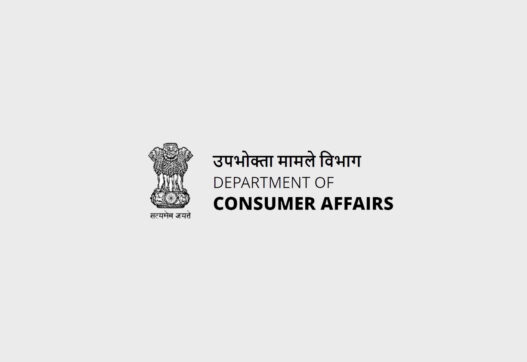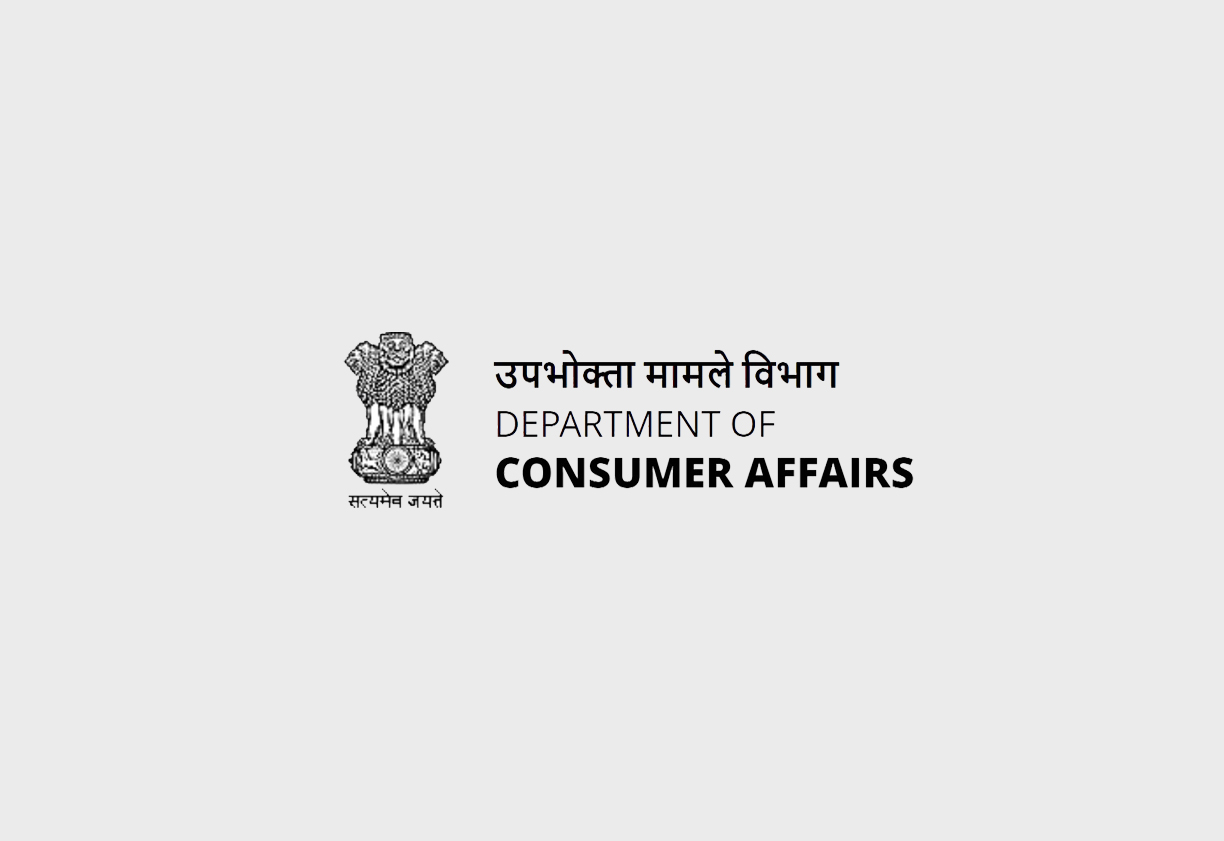Ministry of Consumer Affairs, Food and Public Distribution
The Essential Commodities Act, 1955, is a significant piece of legislation that empowers the Central Government to control the production, supply, distribution, trade, and commerce of certain commodities deemed essential for the public interest. This Act is designed to ensure the availability of essential goods at fair prices and to prevent hoarding, black marketing, and other practices that could disrupt the supply chain. The Act provides a framework for regulating various aspects of the production and distribution of essential commodities, including the power to fix prices, impose restrictions, and issue licenses. It is a crucial tool for the government to manage the supply and prices of essential goods in India.
Act Background and Ministry:
The Essential Commodities Act, 1955, was enacted by the Parliament of India. It was primarily designed to provide a legal framework for the government to control the production, supply, and distribution of essential commodities. The Act falls under the purview of the Ministry of Consumer Affairs, Food and Public Distribution, Government of India.
Enactment Date, Number of Chapters, Number of Sections:
The Act was enacted on April 1, 1955. It is structured into 16 sections, without formal chapters, along with a schedule.
Act Governed By:
The Act is primarily governed by the Central Government, which has the power to issue orders and directions under the Act. The implementation of the Act involves various authorities, including State Governments, Collectors, and other officers authorized by the Central Government.
On Whom it is Applicable:
The Act is applicable to all individuals and entities involved in the production, supply, distribution, trade, and commerce of essential commodities in India. This includes producers, manufacturers, suppliers, distributors, wholesalers, retailers, and any other person or entity dealing with essential commodities.
Penalties/Punishments:
The Act specifies various penalties and punishments for non-compliance. These include:
-
Imprisonment and Fines: For contravening orders made under the Act, individuals may be punished with imprisonment and fines.
-
Forfeiture: Property in respect of which an order has been contravened, including packages, coverings, receptacles, animals, vehicles, vessels, or other conveyances, may be forfeited to the Government.
-
Disqualification from Business: Courts may direct that a person convicted of contravening an order shall not carry on business in that essential commodity for a specified period.
Important Pointers:
-
Essential Commodities: The Act defines “essential commodity” as any commodity specified in the Schedule, which can be amended by the Central Government.
-
Control Powers: The Act empowers the Central Government to control the production, supply, distribution, trade, and commerce of essential commodities.
-
Price Control: The Act allows the government to regulate the prices at which essential commodities may be bought or sold.
-
Confiscation: The Act provides for the confiscation of essential commodities and related items involved in contraventions of the Act.
-
Summary Trials: The Act allows for summary trials of certain offenses related to essential commodities.
-
Power to Recover Amounts: The Act empowers the Central Government to recover certain amounts as arrears of land revenue.
-
Protection of Actions: The Act protects actions taken in good faith under the Act from legal challenges.
Act Copy:




